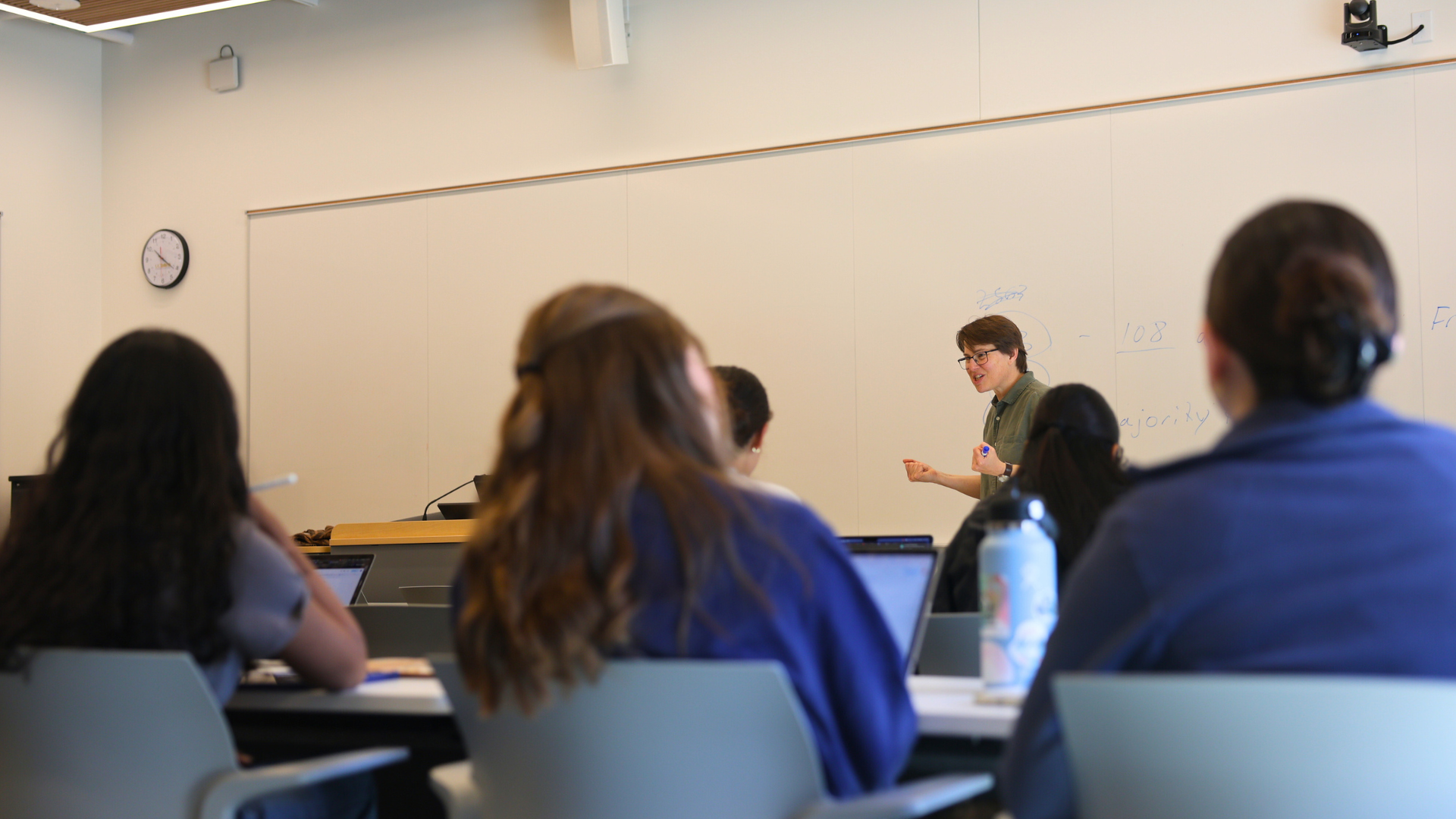
Medical Humanities: New Minor Bridges Medicine and Culture
The UC Davis College of Letters and Science recently introduced a new academic minor: Medical Humanities. Launched in Fall 2024, the program was developed by faculty in the Department of Religious Studies to provide an interdisciplinary bridge between the social sciences, humanities, and pre-medical education.
According to the College of Letters and Science, the minor encourages students to explore the “economic, social, political, and cross-cultural questions” surrounding illness, offering a more holistic and human-centered approach to healthcare. While the program is popular among STEM majors preparing for medical school, it also attracts students from the humanities and social sciences who are interested in the cultural and ethical dimensions of health and medicine.
Bridging Culture and Care: A Student’s Perspective

One such student is Katie Cohen, a second-year sociology major who added the medical humanities minor during her first year after taking Healthcare and Religious Ethics. Although Cohen is not planning to become a doctor, she intends to attend law school with a focus on health law.
“Even though many of [my] classmates are pre-med, medical humanities is a useful minor for anyone interested in our healthcare system and learning more about cultural awareness,” she said.
The minor requires 20 units of interdisciplinary coursework. Offerings include classes like AIDS, Race, Gender, and Sexuality in Black Communities and Advanced Religious Ethics, which explore critical social and ethical issues across cultures. In Fall 2024, Cohen took Justice, Privacy, and Equity in the Medical Humanities, saying the class had more of a “seminar feel” with around 20 students who engaged in extensive discussion about medicine from a sociocultural perspective.
“The class encouraged leadership and collaborative understanding,” she said. “We were all able to contribute meaningfully to conversations about healthcare from different cultural perspectives.”
Learning the Human Side of Medicine
Mariam Mahmodi, a medical humanities minor and peer advisor, believes the program has fundamentally reshaped how she thinks about care.
“Caring means not only treating the body, but honoring the person within,” she said. Mahmodi hopes to become a physician, and credits the minor with introducing her to the value of cultural humility and the importance of dignified, just, and holistic care.
Experiential Learning at Aggie Square
Dr. Meaghan O’Keefe, associate professor of religious studies and a member of the Medical Humanities program committee, sees the minor as an opportunity to bring empathy into pre-med education.
“Our goal is to bring the human side of medicine to students,” O’Keefe said. “We want to offer them a guidebook for how to care for people who are different from themselves, and to ask the right questions.”

O’Keefe is currently teaching at the new UC Davis Aggie Square campus in Sacramento, where undergraduates can participate in a quarter-long immersive program, similar to UC Center Sacramento or UCDC. Students in the Aggie Square Medical Humanities program benefit from hands-on learning beyond the classroom, including guest lectures from local leaders, community health tours, and interactive discussions.
O’Keefe was recently honored with the Academic Senate Distinguished Teaching Award for Undergraduate Education, a recognition of her efforts to create inclusive and impactful curriculum.
“Teaching students who have the drive to become ethical people is a privilege,” she said. The Medical Humanities minor helps shape compassionate leaders who understand that medicine is, at its core, about people.
A Minor with Major Impact
With its emphasis on ethics, empathy, and interdisciplinary study, the UC Davis Medical Humanities minor exemplifies the values of education. Whether students plan to enter medicine, law, public policy, or academia, the program offers a transformative perspective on healthcare that centers on humanity as much as science.
Learn more about the Medical Humanities minor.
Check out the Ambassador's Blog
